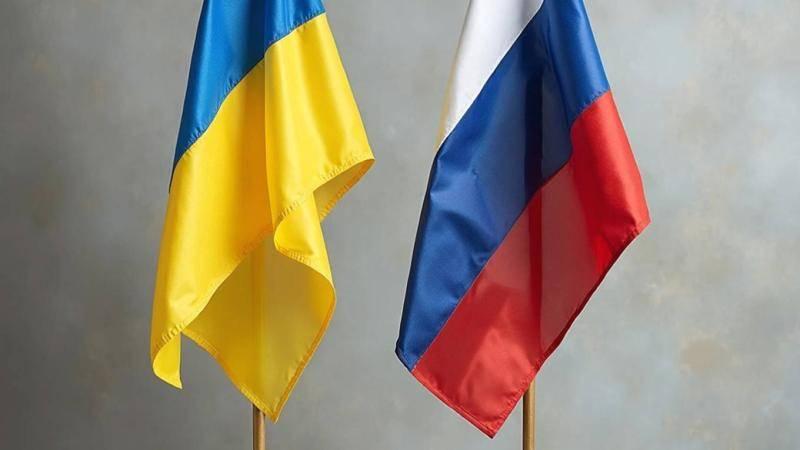Europe plans to deploy forces in Ukraine with American support.. and Moscow proposes a Chinese alternative

As part of the preparations for the post-war period, European countries led by France and Britain are working on formulating security plans for Ukraine, while these plans face strong Russian opposition and cautious welcome from Washington, according to Western officials.
Officials reported that European leaders see the offers from U.S. President Donald Trump's administration to provide "air and intelligence support" as the crucial step they are waiting for to justify sending military forces to Ukraine. However, the main obstacle is the lack of any indication of Russia's willingness to stop fighting.
The plan, which has been in development for months, is based on securing the airspace over Ukraine and the Black Sea, and deploying a "deterrent" force on the ground that includes a ceremonial element away from the front lines to deter any future attacks, and a training element to rebuild the Ukrainian army and transform it into what EU leaders described as a "steel hedgehog".
According to European and American officials, the repeated visits of European delegations to the White House have resulted in "preliminary approval from Washington to play a supportive role, by providing additional air defense capabilities and possibly assisting in enforcing a no-fly zone, along with surveillance and reconnaissance capabilities".
However, an American official warned that "an offer is different from approval, the final decision rests with President Trump and has not yet been made," according to what was reported by the Washington Post.
For its part, the Kremlin firmly rejected any presence of European or NATO forces in Ukraine, even if they were not officially operating under the alliance's banner. Instead, Russian officials proposed deploying "Chinese peacekeeping forces," a suggestion that was met with lukewarm reception in Western capitals.
While Europeans are holding meetings to strengthen security guarantee plans, the division remains clear regarding the extent of commitments each country can offer. Diplomats confirmed that "agreement on security measures in the short term could enhance the position of Ukrainian President Volodymyr Zelensky if he enters into peace negotiations with Moscow that may require painful territorial concessions".
French President Emmanuel Macron announced that European defense ministers have completed "highly confidential" plans, confirming that his country and its partners are ready to provide security guarantees on the day of signing the peace agreement, but emphasized that "the question now is the sincerity of Russia".
Some capitals face internal dilemmas for fear that participation could become a political burden if it endangers the lives of soldiers. While France and Britain have shown preliminary willingness, Germany has not made final commitments despite its more open tone.
European officials believe that the success of the initiative depends on American contribution, noting that American support "is conditional on Europeans taking the lead and demonstrating their actual capability and readiness".